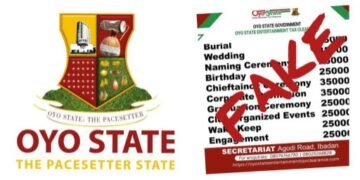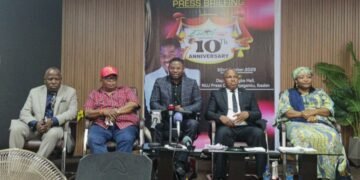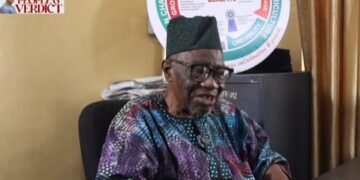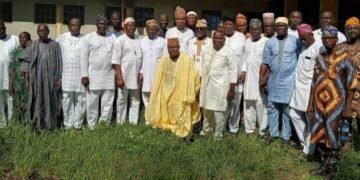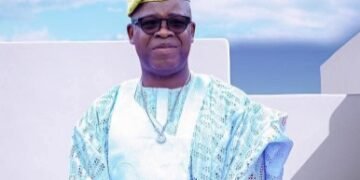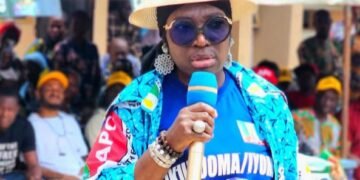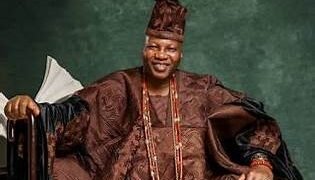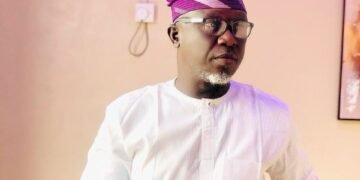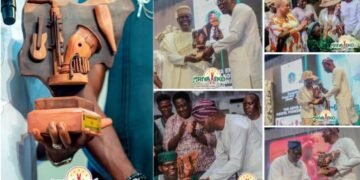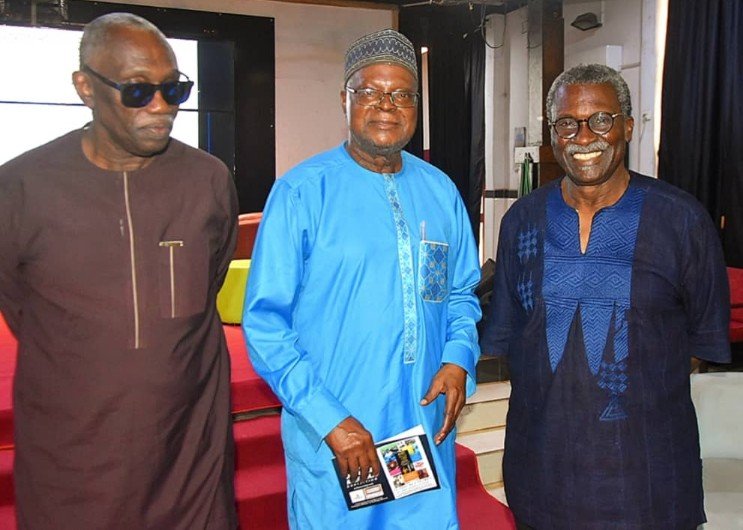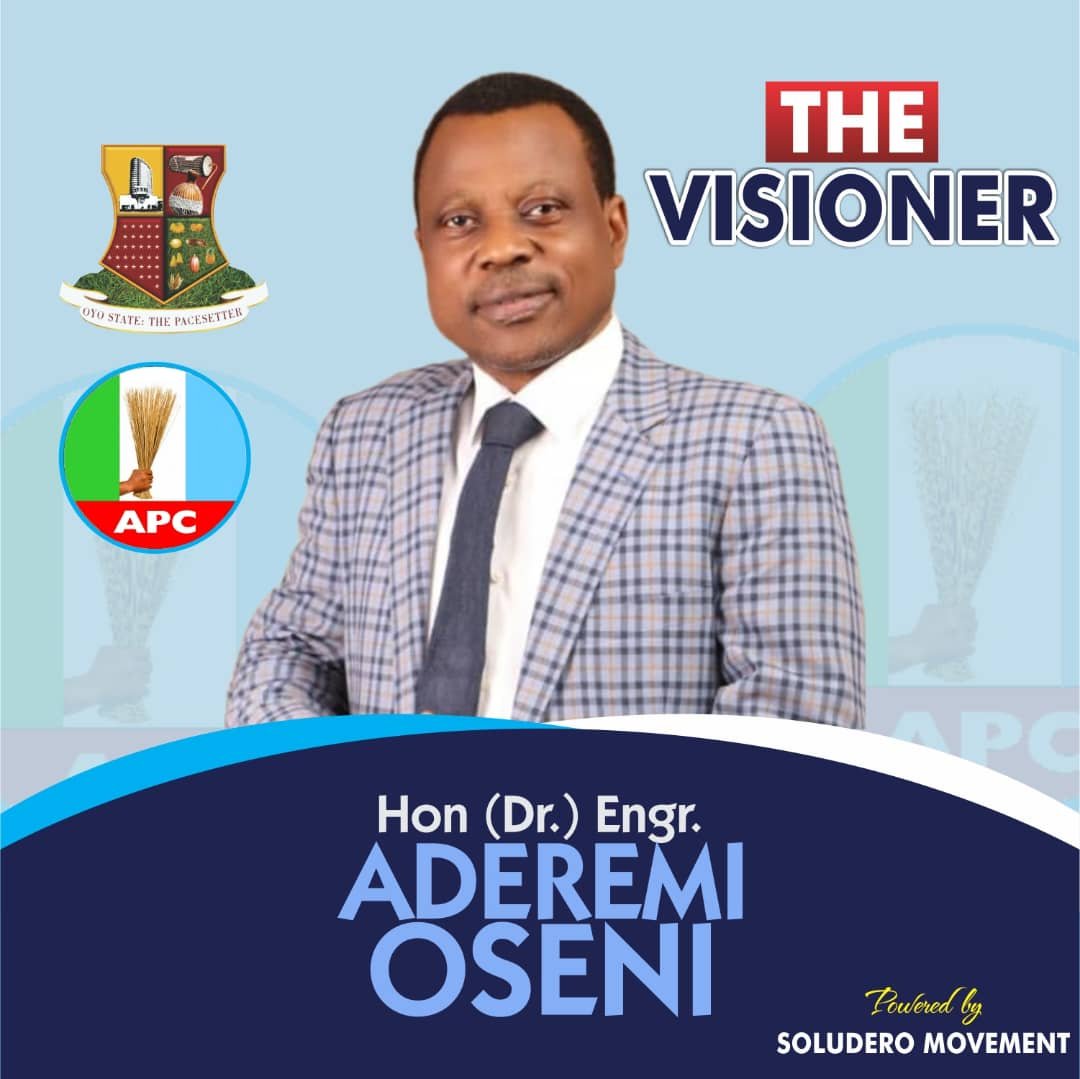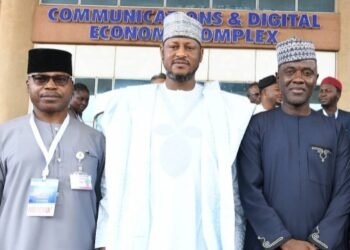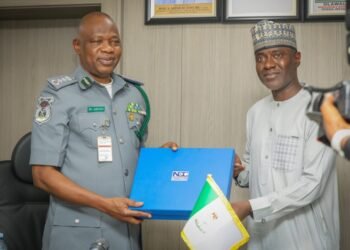Dr Tunde Adegbola, pioneer of language technology innovations in Nigeria, has charged governments at the federal and state levels to invest massively in the development of computer technology for local languages.
He said buying into the initiative would bridge the computer and local languages and also ensure breakthrough in technology, listing the local languages to include Yoruba, Hausa, and Igbo.
Adegbola, Executive Director, African Languages Technology Initiative (Alt-i), spoke with journalists during a press conference on the sidelines of an exhibition to mark his 70th birthday, tagged: “Celebrating A Polymath At 70: Dr Tunde Adegbola At Seventy.”
The multimedia exhibition and workshop was organised by the celebrant in partnership with the Development Agenda for Western Nigeria (DAWN) Commission and Pastor Francis Madojemu of the NuStreams Conference and Culture Centre, Ibadan, Oyo State.
A renowned playwright, novelist and critic, Professor Femi Osofisan, and the Chief Executive Officer of Booksellers Limited, Dr Kolade Mosuro, also graced the press conference in support of the celebrant.
The exhibition is a month-long festival of culture, technology, and legacy which commenced on 1 August and will come to an end on 30 September, 2025.
Adegbola founded TIWA Systems in 1985 to introduce Nigeria to the information age. He said he pioneered desktop publishing, introduced non-linear video editing, 3D animation, virtual set production, and broadcast infrastructure for private television stations in the country.
“In 2002, I launched the African Languages Technology Initiative (Alt-i) to bridge technology and local languages.
“The Alt-i developed the Yoruba keyboard, an automatic diacritisation tool, and machine translation solutions for Yoruba, Hausa, and Igbo languages.
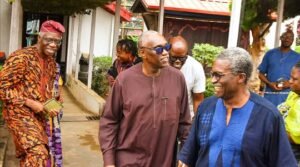
“Significantly, Alt-i partnered with Microsoft to localise Windows and Office (Vista through Windows 10) for these languages, the first in Nigeria.”
Despite limited uptake, the project was a milestone in making technology available linguistically. The work also won for Adegbola the IICD Award of the United Nations Economic Commission for Africa (UNECA) for Local Content Applications of ICT.
Adegbola said he has used the ‘Ayo Olopon’ game to teach Computer Science and Artificial Intelligence (AI) in universities in Nigeria and abroad.
He further explained that investments in the African languages technology would help in closing the gaps in efforts to develop computer programmes that will answer questions posed by indigenous languages.
Adegbola added that he got a lot of foreign funding for his research, while he only got one from the Lagos State government during the administration of former Governor Babatunde Fashola.
He also appealed to individuals and organisations to cultivate the culture of record keeping, saying such records could be used to develop computer programmes that would benefit all and sundry in the long run.
Born in Sagamu, Ogun State on 1 August, 1955, Dr Tunde Adegbola is a linguist, broadcast engineer and cultural advocate.
After earning a B.Sc in Electrical Engineering from the University of Lagos in 1978, he joined the Ogun State Broadcasting Corporation (OGBC) in 1979 as Engineer Grade II.
At OGBC, Adegbola supported Harris Corporation in the deployment of microwave links across the state.
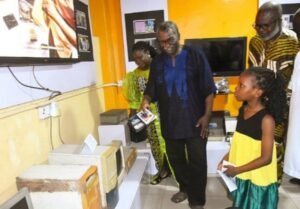
His early works stood out, earning him promotion to Senior Engineer, in acting capacity, just two years after he was first employed.
Adegbola moved from OGBC to the Ogun State Television (OGTV) as Principal Engineer and Acting Controller of Engineering.
At OGTV, he introduced pioneering graphics systems, including the Chyron4 -tools he used during the 1983 elections to produce animated election captions.
The innovation at OGTV by Adegbola was a radical departure from paper cards used by rival broadcasters during the elections.
The celebrant has been involved in international projects and media advocacy, having been consulted by global institutions like OSIWA, UNICEF, UNDP, and International Alert for Broadcast Infrastructure projects across West Africa.
In 2005, he designed and supervised the launch of West Africa Democracy Radio (WADR) in Dakar, Senegal, inaugurated by Nobel Laureate, Professor Wole Soyinka.
He directed community radio roll-outs in Sao Tome and Principe, and across Nigeria, especially as part of community radio reform which led to issuance of new radio licenses in 2015.
In recent years, he chaired the Technical Sub-Committee of DIGITEAM, the presidential body on Digital Television Switch Over in Nigeria.
A former national athlete and an accomplished musician, Adegbola has, among his accolades, the British Chevening Scholarships, the Unsung Hero Award (2011) from the Change A Life Foundation and recognition for pioneering language technology innovations.

